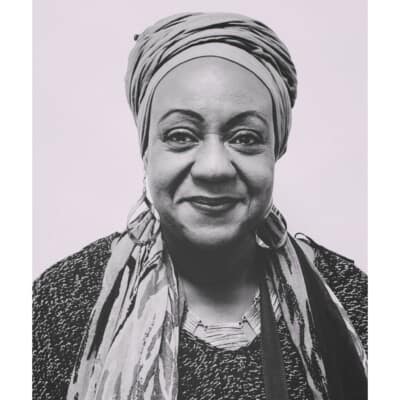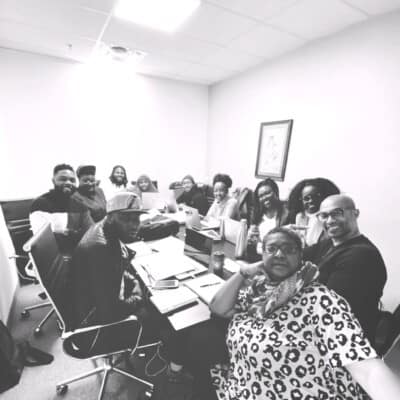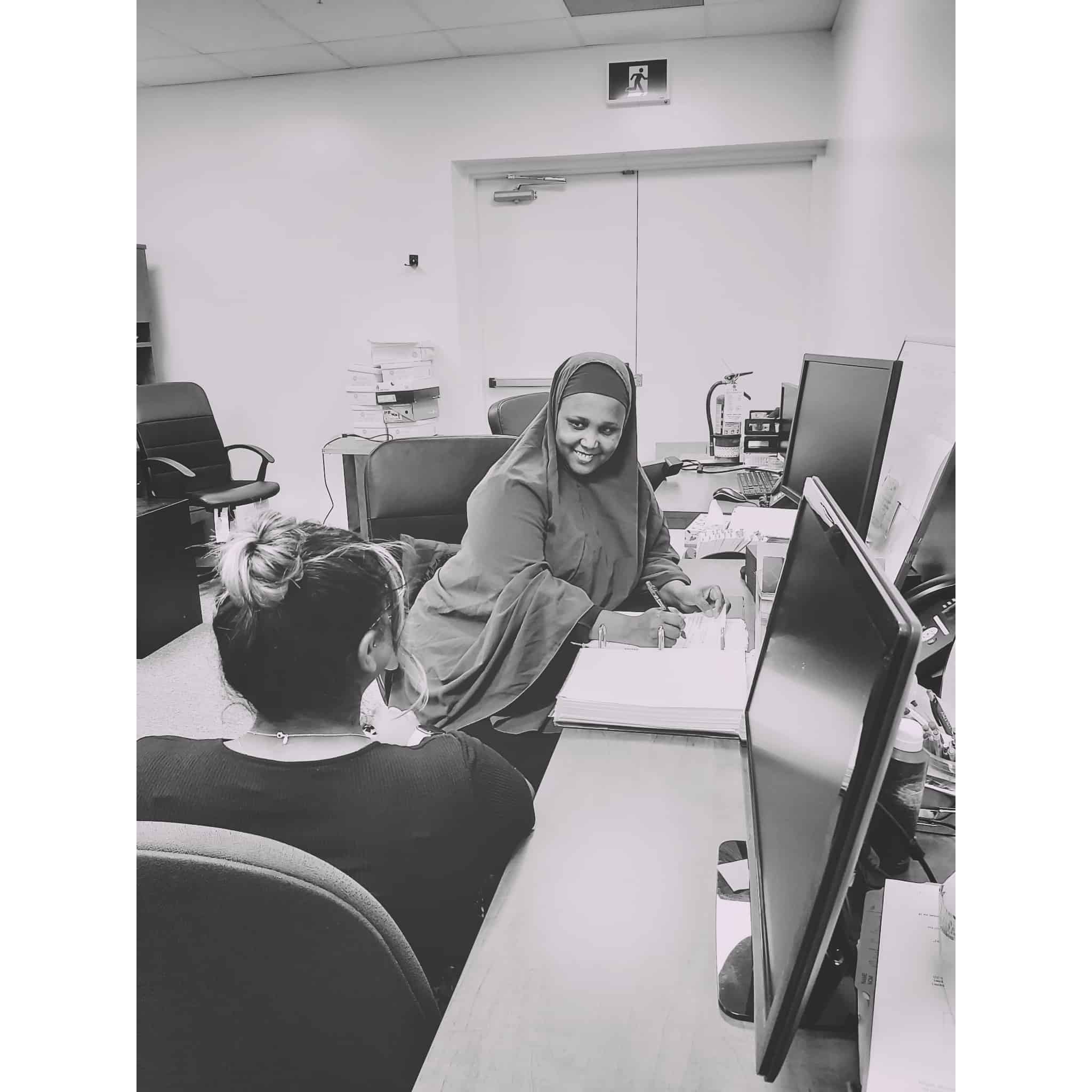Delta Family Resource Centre has been serving low-income communities in Northwest Toronto for over 35 years. Throughout that time, they’ve seen how drastically overrepresented Black and racialized youth are in our criminal justice system, and observed the impacts that incarceration has on—not just the young people incarcerated—but their entire families. The OZ Program, announced last month, is a city-wide initiative that brings together four other agencies with the common goal of disrupting this pattern.
“The aim of the OZ program is to create a Toronto where the future of Black and racialized youth is not determined by contact with the criminal justice system,” says Kemi Jacobs, Executive Director of Delta Family. “Once you get into the system it’s extremely hard to extricate yourself.”
In the case of OZ, prevention starts with educating children as young as 10. Representatives from the program will go into schools to educate kids on the issues and challenges they may face if they get involved in the system. But a huge part of OZ is designed to help children and young people connect with their identity, “Children and youth will experience racism but they never think ‘Who am I? As a young Black person?’ We focus on enhancing their identity and their connection, we look at the unique challenges facing that particular youth, and building connections,” Jacobs explains.

Kemi Jacobs, Executive Director of Delta Family
In North America, a typical response to dealing with a child or youth who is having challenges at school is to diagnose them with a condition and medicate them. For OZ, a key component to helping young people, beyond education and helping them connect with their identity, is building trust. “We’re not diagnosing them, or prescribing them, we feel that it is really important that they understand that we get it,” says Jacobs.
One way OZ helps to build trust is by ensuring that people working on their team reflect the community they’re working with. “People need to see people who reflect them. If they don’t see themselves reflected, it’s much harder to connect,” Jacobs emphasizes how critical this is to the success of a program.
“If you look at the overrepresentation of Black youth in the criminal justice system, it’s clear that supports are needed,” she says. It’s been a long road to get funding in place, but Jacobs shares that the work is truly satisfying. The fact that anti-racism is now a topic that is being widely discussed gives her hope. “What also gives me hope is seeing a variety of communities coming out. Before it was mostly Black people. Now, it’s not just a diverse group but a global response, and that is very heartening.”
If you know a young person who is currently involved in the justice system, you can refer them to the OZ program. Find more info on their website.





 Follow Us On Instagram
Follow Us On Instagram
